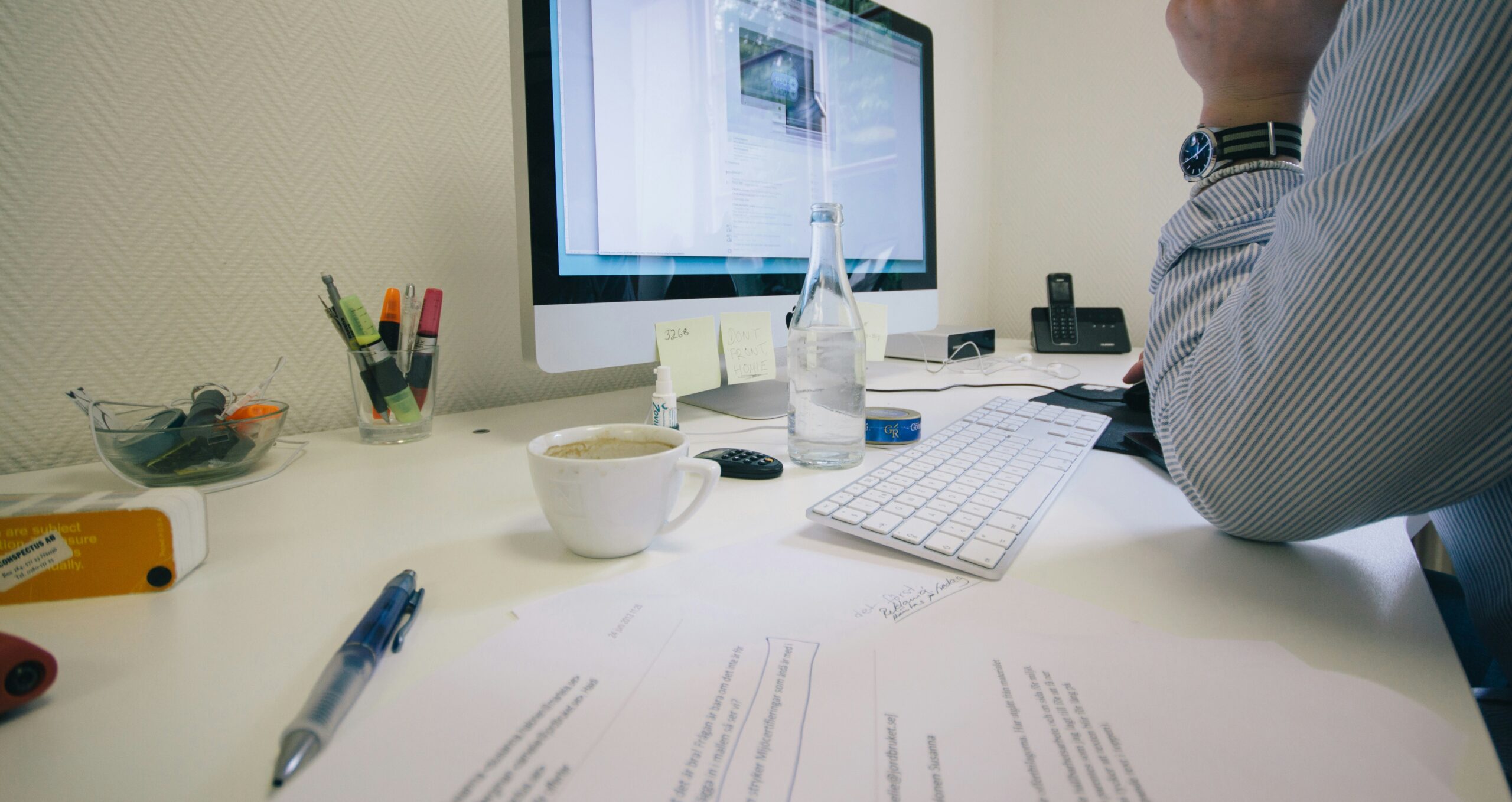Working long hours in fast-paced offices and warehouses can be overwhelming at times as you juggle tight deadlines. Taking care of your physical safety and mental health is vital for productivity and maintaining long-term quality of life.
This guide offers practical steps to manage stress, take regular breaks, and create a workspace that promotes your overall well-being.
Creating a Safe and Functional Workspace
A cluttered or poorly designed environment can increase the risk of accidents while adding to stress. Keep your essential items within easy reach to avoid unnecessary stretching or twisting. Ensure all walkways are free of trip hazards and that wires are securely fastened under desks or along skirting boards.
Lighting also matters. Natural light reduces eye strain while boosting mood, but if that’s not possible, ensure your workspace is well-lit with artificial lighting that minimises glare. For those working in busy offices or industrial environments, noise can be another source of distraction. Using noise-cancelling headphones or simple desk dividers can make a big difference to concentration and comfort.
Ergonomics and Posture for Daily Comfort
Poor posture is one of the most common workplace health issues, leading to back pain and repetitive strain injuries. To avoid health problems, focus on ergonomics, the science of designing workspaces that support natural movement.
Adjust your chair until your feet rest flat on the ground, with your knees at a right angle. Your screen should be at eye level to avoid leaning forward, and your wrists should remain straight while typing. If your role requires you to stand for long periods, cushioned mats and supportive footwear can help alleviate the strain on your body. Simple stretches throughout the day can be another beneficial tool. Shoulder rolls, standing up every 30 minutes, and gentle wrist stretches all reduce tension and keep circulation flowing.
Managing Stress and Taking Effective Breaks
Scheduling short, regular breaks can help you maintain focus and prevent fatigue when working in a busy environment. A five-minute walk or stepping outside for fresh air can help reset your mind.
During your breaks, activities like listening to music or chatting with a colleague can be more important than you realise. They shift your focus from your tasks, improving your resilience over time and helping prevent burnout.
Staying Mindful Around Workplace Hazards and Knowing Your Rights
Every workplace has risks, from busy corridors in hospitals to heavy machinery in a factory. Staying alert to potential hazards reduces the likelihood of injury, so you should take note of safety signage and follow procedures. If you notice a hazard, report it as soon as possible to prevent any injuries.
Accidents do happen, and if you are ever injured in a factory accident that wasn’t your fault, it’s crucial to know that support is available through services like accident claims. Even in less hazardous environments, slips, trips, and falls remain a common occurrence. Under UK law, employers must take reasonable steps to protect staff from harm, so if yours fails in these responsibilities, you may be entitled to compensation and support.

